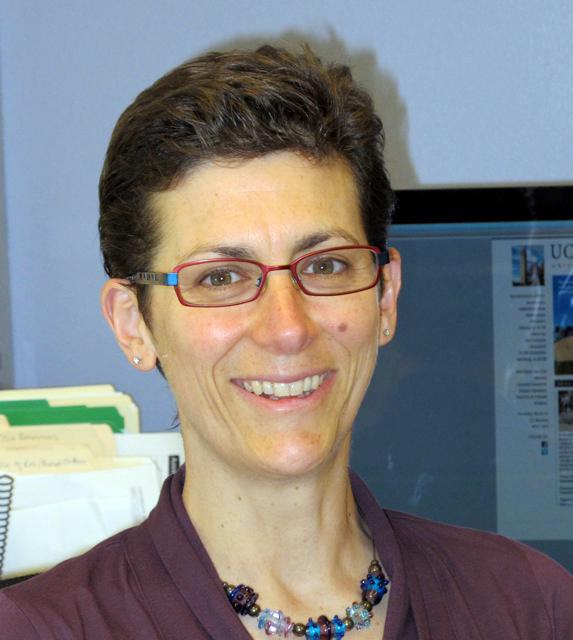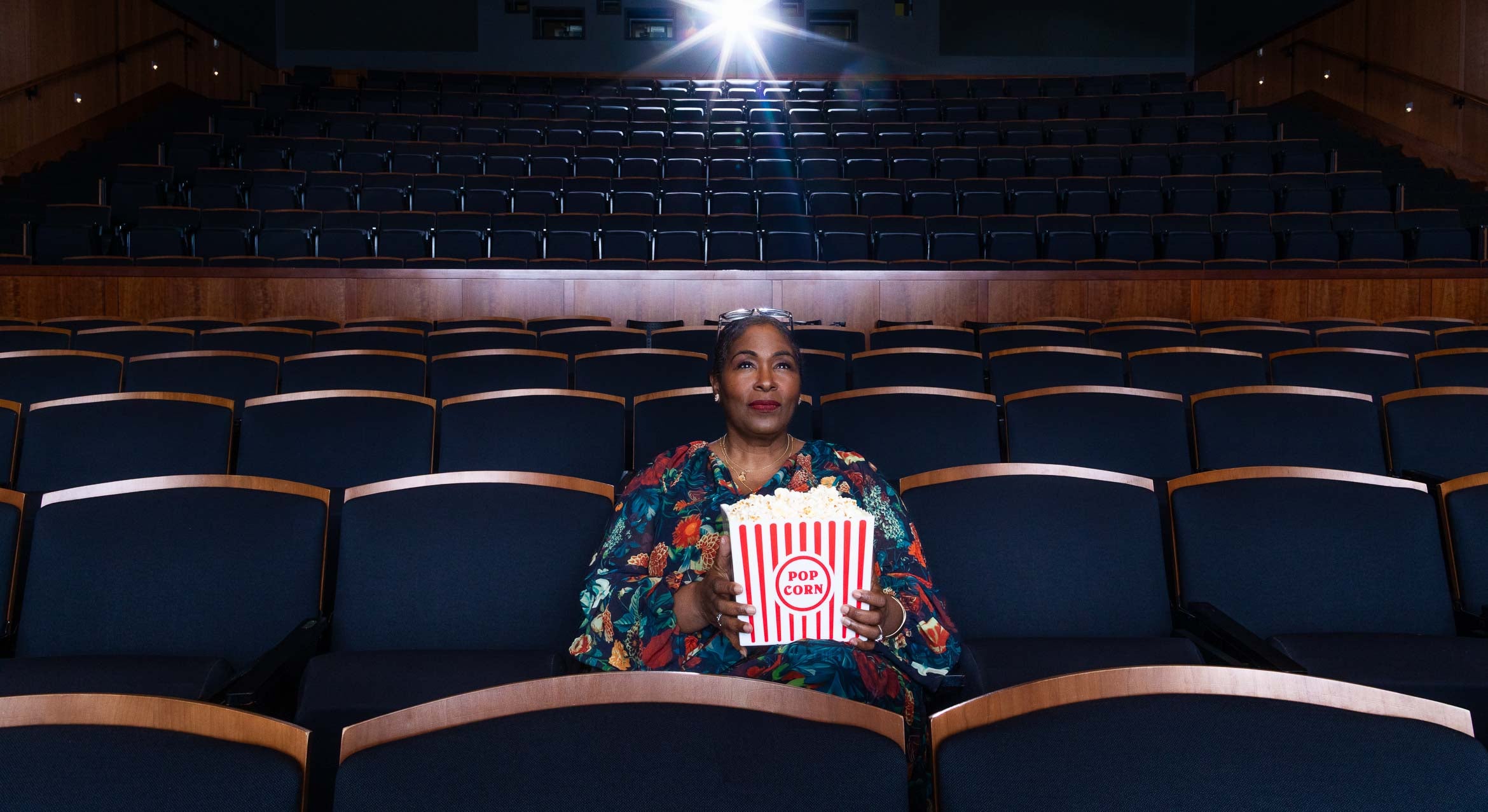
The Writing Program at UC Santa Barbara has been honored for its commitment to excellence by the Conference on College Composition and Communication (CCCC). It is one of only three programs to receive the award this year.
Certificates of Excellence are awarded annually to up to 20 writing programs that imaginatively address the needs of students while using best practices and effective assessment. UCSB's Writing Program was recognized for its innovative curriculum; strong support for faculty; outstanding research benefitting the field; and attention to assessment practices, both inside and outside of program courses.
"It's a tremendous honor to receive the CCCC Certificate of Excellence," said Linda Adler-Kassner, director of UCSB's Writing Program. "We've worked hard to develop a range of classes that support undergraduates as they study and practice with writing in a variety of contexts and communities, and graduate courses that help students grow as writers and teachers."
The Writing Program serves more than 7,000 students in lower- and upper- division courses every year. One of its strongest features, according to Adler-Kassner, is the range of academic offerings, including discipline-specific, interdisciplinary, and professional writing courses.
The program also features a professional writing minor for upper-division students in three areas –– multimedia communication, business communication, and professional editing. Next year, students will also be enrolled in a new emphasis –– writing and civic engagement.
With a faculty that includes 37 full-time lecturers and two professors, the program also supports graduate education by offering classes that focus on the study of writing and on developing academic and professional writing; and by training students in composition theory and pedagogy. Lower-division courses focus on the study of
–– and practice with –– the kinds of writing expected by different audiences, particularly those in academia. These courses help students develop critical writing, reading, research, and analysis strategies. Upper-division courses focus on the study and practice of writing in interdisciplinary and multidisciplinary, professional, and civic contexts.
Most UCSB students take at least one upper-division course in the Writing Program, and many take far more. In its curriculum and in its faculty research, the program encourages an approach to writing that emphasizes its public nature, Adler-Kassner noted.
Students also participate in writing that extends beyond the university, she added, citing students in the Educational Opportunity Program who participate in specially designated sections of Writing 1 and Writing 2, and exchange letters with middle school students in the Oxnard School District throughout the quarter. This is part of the Writing Program's Academic Communities for Excellence (ACE) Program.
"The university and middle school students come together near the end of the quarter for a festival that includes a tour of campus, a dinner, and a shared reading of letters," said Adler-Kassner.
In the area of assessment, the program is currently facilitating a large-scale research project to investigate the performance of students in writing-required courses, of which there are more than 100 in departments across campus.
Faculty members in the program have published numerous articles, book chapters, and books about their research, which focuses on writing pedagogy, assessment, policy, and theory. These include an assessment of online writing courses, and a study that examines student learning in general education writing and history courses.
Established in 1949, the CCCC is the world's largest professional organization for researching and teaching composition, from writing to new media.
Related Links



